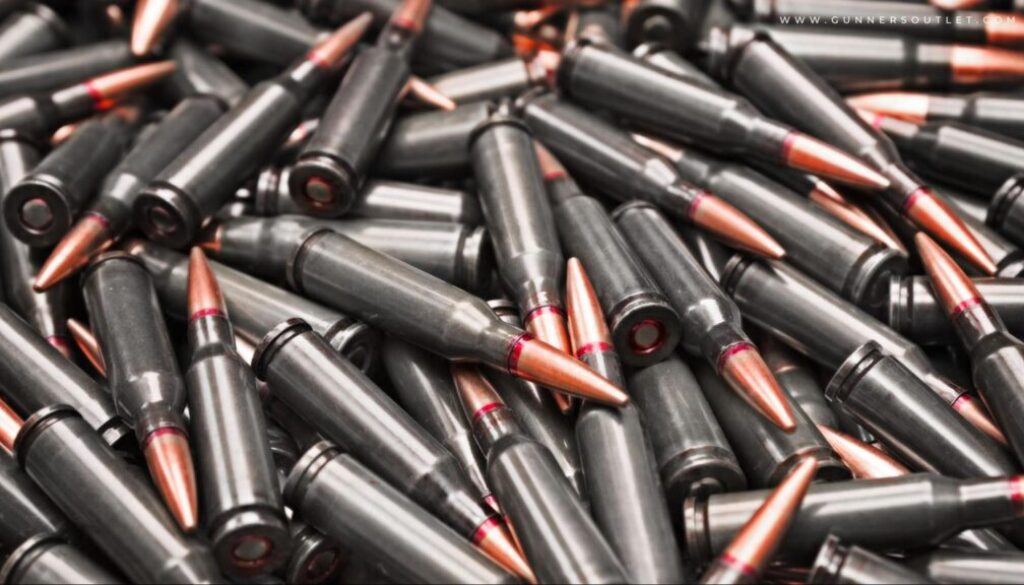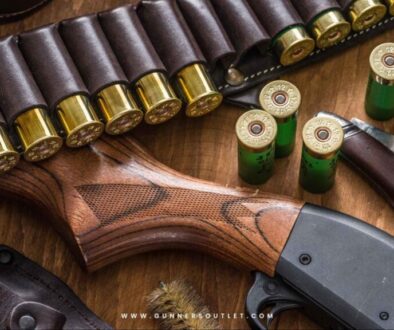Understanding Grain in Ammunition: What You Need to Know
Grain is an important factor to consider when selecting ammunition, as it affects the performance of a firearm. Ammunition grain measures the mass and size of a bullet or shot pellet, and it is determined by the amount of powder contained in each round. The higher the grain number, the larger and heavier the bullet or pellet will be.
Grain in ammunition explained
Grain (abbreviated as ‘gr’) is a unit of measurement for the weight of projectiles used in firearms and ammunition. It refers to the mass, or weight, of the bullet itself. The grain is the smallest practical unit used to measure projectile mass and it is based on a 7,000 grain pound. There are 7,000 grains in a pound and 437.5 grains in an ounce.
What grain impacts in terms of shooting
The choice of grain size in ammunition affects the performance of your firearm. The higher the grain, the heavier and slower-moving the bullet will be. Conversely, lighter bullets move faster, but they also tend to lack significant penetration. This is why it’s important to select the right grain size for your intended purpose. Heavier bullets are best for long-range shooting and hunting, while lighter ones are good for target practice.

The benefits of a higher grain count
The main advantage of using a higher grain count in your ammunition is that it will provide greater accuracy and penetration. Heavy bullets maintain their velocity for longer distances, making them ideal for long-range shooting. This also means they are better suited to hunting applications as they have more energy to penetrate through thick hide and bone.
How to choose the right grain for your needs
When selecting the appropriate grain for your firearm, consider what type of shooting you will be doing. For target practice and self-defense situations, it’s best to use a lighter bullet with a lower grain count (typically up to 90gr). If you plan on hunting or engaging in long-distance shooting, then opt for a higher grain such as 140gr or more.
Ammunition storage tips
Finally, make sure to store your ammunition properly. Heat and humidity can cause the bullets to corrode or become damaged over time. It’s best to store ammo in a cool and dry place away from direct sunlight. Also, remember to check the expiry date before using any ammunition to ensure it is still safe for use.
In conclusion, understanding grain in ammunition is an essential part of selecting the right type for your firearm. Be sure to consider what you will be using it for and always store it correctly to ensure optimal performance. With this knowledge, you’ll be able to choose the best ammunition for any application.




